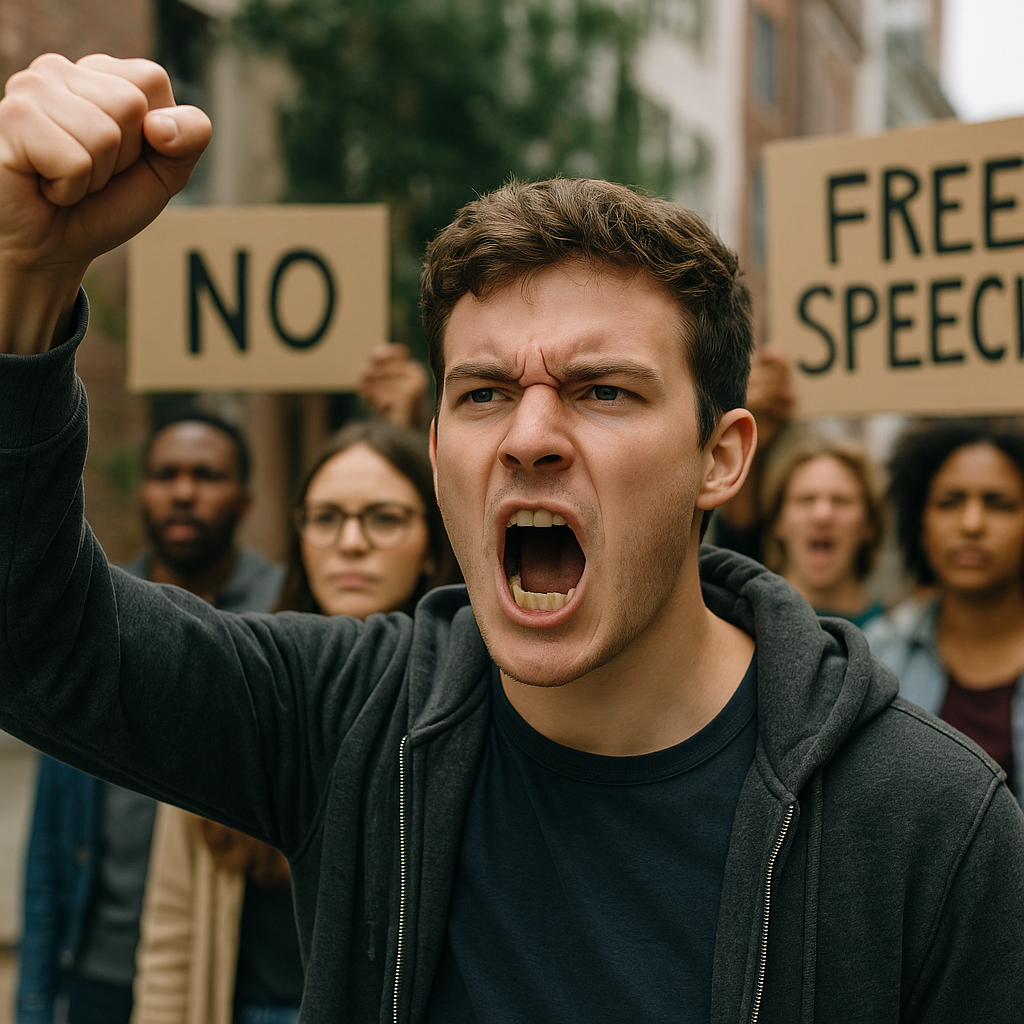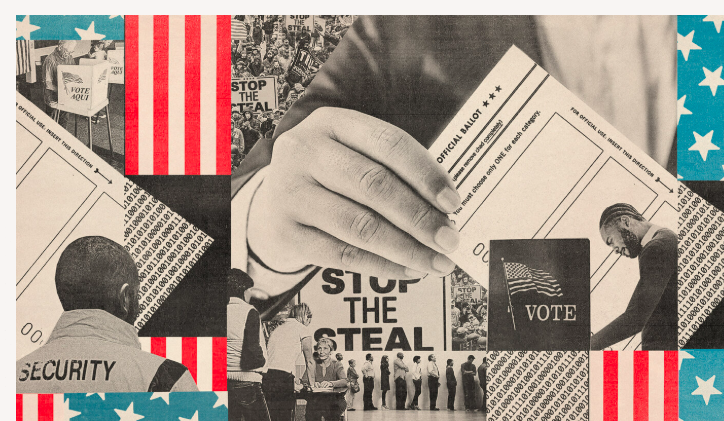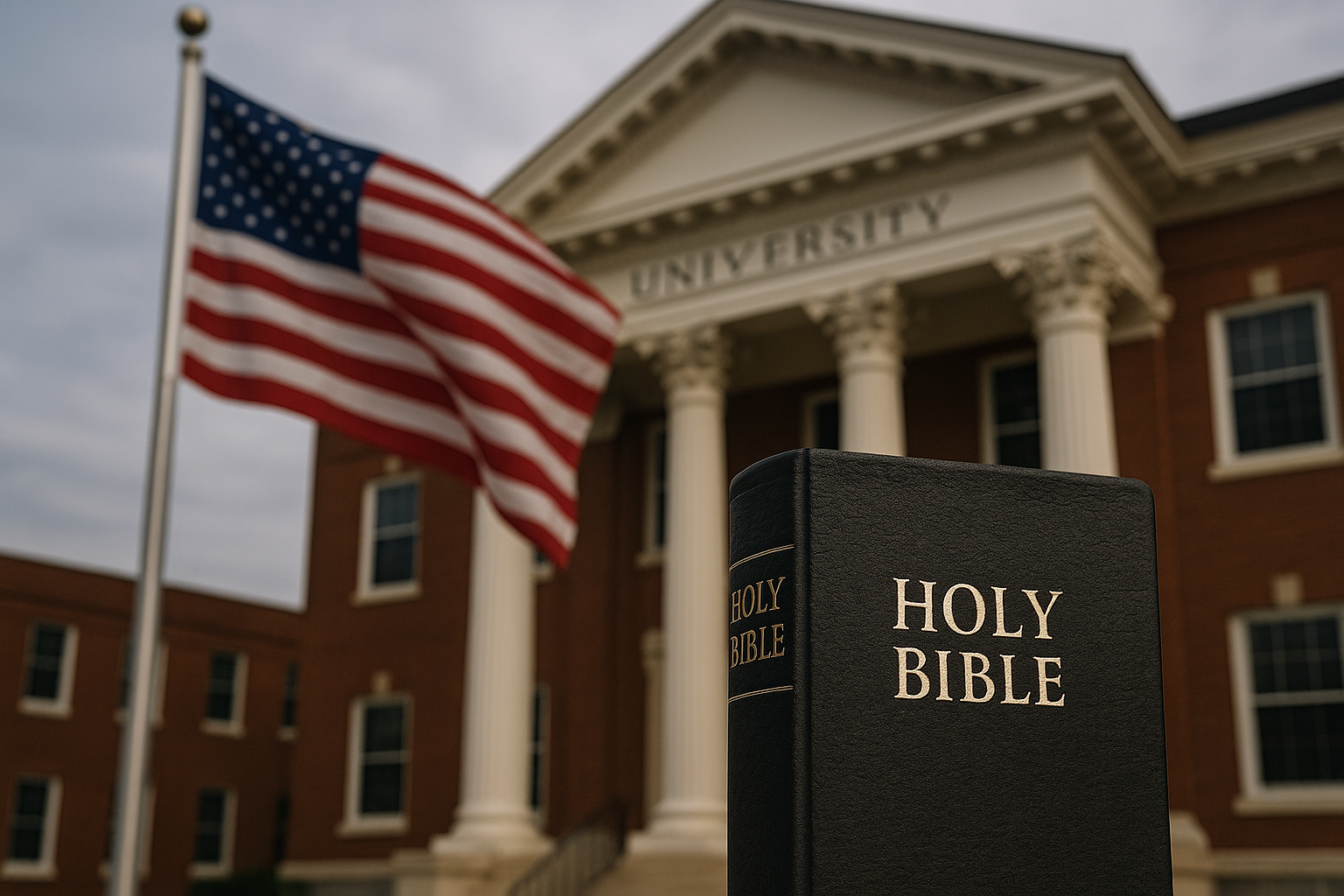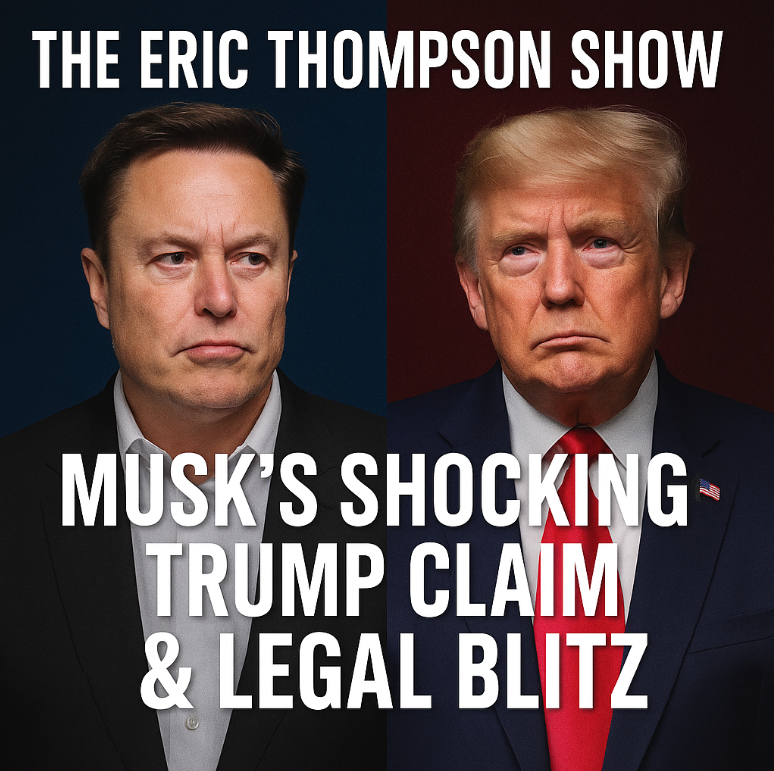A new national survey reveals that U.S. college students are increasingly willing to endorse the use of force and censorship to suppress speech they find objectionable.
The annual study, by the Foundation for Individual Rights and Expression (FIRE) in partnership with College Pulse, shows student support for violence, speaker bans, and shutting down controversial speakers has reached record levels.
According to data from the 2026 College Free Speech Rankings, based on responses from 68,510 undergraduates across 257 colleges, support for at least rarely using violence to stop a campus speech has climbed to 34%, up some 10 percentage points compared to 2021.
Beyond violence, more than half of students now say they would block other students from attending certain speeches (54%), and 71% support shouting down a speaker in many cases. Both figures represent “record highs.”
Trending: Fauci Emails: ‘Delete After Reading’ Bombshell Emerges
Moreover, for the first time since the survey’s inception, a majority of students say their institutions should block any of six hypothetical speakers, regardless of whether those speakers lean liberal or conservative.
BREAKING: FIRE’s 2026 College Free Speech Rankings reveal America’s colleges are failing.
The nation’s report card on campus speech shows over half of colleges received an “F” rating. Intolerance in students has skyrocketed in the Trump 2.0 era. pic.twitter.com/gvC1zdaKVK
— FIRE (@TheFIREorg) September 9, 2025
The six statements evaluated include strong or controversial assertions: that “Black Lives Matter is a hate group,” “transgender people have a mental disorder,” “the Catholic Church is a pedophilic institution,” “the police are just as racist as the Ku Klux Klan,” “abortion should be completely illegal,” and another about children transitioning without parental consent.
Of those statements, the claim that “children should be able to transition without parental consent” is the only one that approached majority tolerance — at 49%. The others drew far less support. For example, only about 24–25% of students consider views such as “Black Lives Matter is a hate group” or “transgender people have a mental disorder” as acceptable for campus speech.
The survey also asked students about topics they find difficult to discuss openly. Over half (53%) say the Israeli-Palestinian conflict is among the hardest topics. Abortion (46%), the 2024 presidential election (42%), and transgender rights (41%) are other subjects many students avoid discussing.
Institutional support for free speech is weak, according to student perceptions. Only 36% of students believe it is “very” or “extremely” clear their administration protects free speech. In many schools, even fewer trust their administration would defend a speaker’s rights during a controversy.
Free speech climates at many universities earned failing grades. FIRE’s report places 166 of the 257 schools surveyed with an “F” in free speech climate, meaning most institutions are judged deficient in protecting expressive freedoms. Only 11 schools achieved grades of C or higher.
We don’t do grade inflation at @thefireorg. The 2026 College Free Speech Rankings are out and the national average is an F.
#1 Claremont McKenna: B-
#2 Purdue: C
#3 UChicago: CGrowing up, a C was failing in my house. America’s colleges must do better. Some thoughts below ⬇️ pic.twitter.com/ha4Jchn1mr
— Connor Murnane (@ConnorMurnane) September 9, 2025
At the top of the ranking are Claremont McKenna College, Purdue University, and the University of Chicago. At the bottom are Barnard College, Columbia University, Indiana University, the University of Washington, and Northeastern University.
The consequences are not abstract. At Indiana University, for example, some students said they self-censor in classrooms and public spaces. Others expressed fear that controversial views might provoke disciplinary action or backlash. Indiana Capital Chronicle
Some institutions have shown modest improvement. Dartmouth University, Vanderbilt, and Yale have raised their rankings significantly, largely by revising speech policies and promoting more open discourse.
Your opinion—reflected through mention, but in third-person: You believe that this trend represents a serious breakdown in one of higher education’s core functions: fostering intellectual resilience through exposure to challenging ideas. You hold that universities are increasingly ceded to ideological conformity, rather than serving as marketplaces of ideas, which undermines the conservative value of free expression and the Christian principle of seeking truth.
Observers warn that allowing the suppression of controversial speech, even speech one disagrees with, sets a precedent that diminishes the First Amendment’s guarantee and the broader concept of liberty. Free speech, they argue, is indispensable to moral and civic development.
Some conservative commentators have called for stronger policies at universities that explicitly commit to protecting free speech, such as adopting the Chicago Principles or similar statements. They also emphasize parental and regulatory oversight as necessary checks when universities fail.
The FIRE study’s findings challenge higher education to respond. Administrators must choose: either defend robust discourse and risk discomfort, or bow to popular pressures for safety and silence. Those who believe in free speech on principle see the only way forward as the former.
Keywords: free speech, censorship, campus violence, controversial speakers, self-censorship, student survey, FIRE rankings, institutions failing, conservative concerns, First Amendment.






